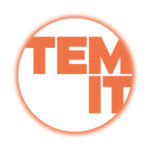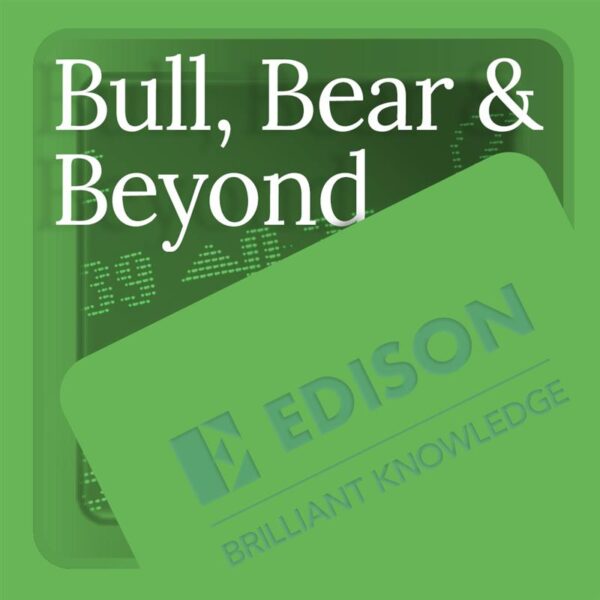1) TEMIT’s managers are part of a very well-resourced team.
Launched in June 1989, Templeton Emerging Markets Investment Trust (TEMIT) was the first, and is the largest, UK emerging markets investment company, with more than a billion shares in issue. It is managed by lead manager Chetan Sehgal, who is based in Singapore, and Andrew Ness, who is based in the UK. They are members of Franklin Templeton’s very well-resourced emerging markets team, which is made up of more than 70 investment professionals, based in 14 countries, who cover more than 700 securities. The team uses a proprietary global research database, which has been build up over many years.
2) The managers follow a clearly defined strategy, with bottom-up stock selection.
The managers aim to generate long-term capital growth from a diversified portfolio of emerging market equities. Their investment philosophy is based on three Ss: focusing on structural opportunities, investing in companies with sustainable earnings that are trading at a discount to their estimated intrinsic value, and responsible stewardship of clients’ capital.
Three steps define the process: 1) idea generation – the team’s local presence is seen as a competitive advantage in terms of building relationships and gaining valuable insights; 2) fundamental research – in-depth models are built to evaluate a firm’s financial strength and profitability, and to project future results; and 3) portfolio construction – the managers aim to deliver outperformance irrespective of the direction of, or the style bias prevalent in the stock market.
3) TEMIT’s high-conviction portfolio includes names that are not widely held.
The trust’s NAV has outperformed its MSCI Emerging Markets Index benchmark over the last one, three, five and 10 years and significantly since launch.
TEMIT’s portfolio of around 80 names is diversified by geography, sector and market cap. There are a meaningful number of non-index positions, along with names that are not held by the trust’s peers. TEMIT’s portfolio typically has higher quality and growth metrics than the benchmark, but not at excessive valuations.
Compared with the benchmark the trust is overweight technology (primarily semiconductors) with an underweight position in materials. In terms of geography, TEMIT is overweight South Korea and Brazil, with underweight exposures to Saudi Arabia, China and India.
4) Emerging markets offer interesting opportunities.
Emerging markets have higher growth prospects compared with developed regions. Over the last 15 years, emerging market economies have evolved and now have a much higher exposure to new-economy businesses. Asia is now a major innovation centre, with more than half of global patents being granted in China, South Korea and Taiwan.
Despite these favourable attributes, emerging markets have been out of favour with global investors, who have gravitated towards large-cap US technology companies for example. This is reflected in historically low valuation multiples in emerging regions, which may provide an interesting long-term opportunity for investors.
Published 26 March 2025.











